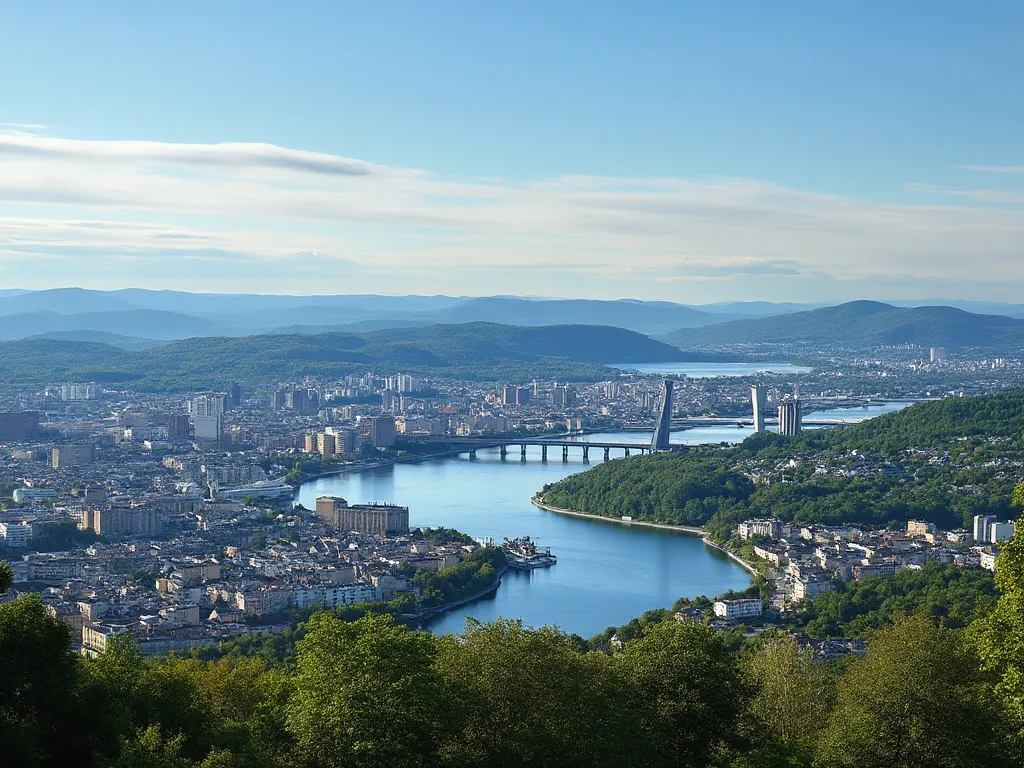
Oslo, the capital and largest city of Norway, is a vibrant and cosmopolitan metropolis nestled in the southern part of the country. Located at the head of the Oslofjord, the city is surrounded by lush forests, hills, and lakes, making it a nature lover's paradise.
Oslo information
| Country | 🇳🇴 Norway |
| Population | 673,958 (2020 estimate) |
| Coordinates | 59.9139° N, 10.7522° E |
| Area | 454.12 km² (175.34 sq mi) |
| Climate | Humid continental climate (Dfb) |
| Language | Norwegian (official), English widely spoken |
| Currency | Norwegian krone (NOK) |
| Time zone | Central European Time (CET), UTC+1 |
| Proximity to other major cities | Stockholm, Sweden (520 km / 323 mi), Copenhagen, Denmark (350 km / 217 mi) |
Interesting facts about Oslo
- Oslo is home to the Nobel Peace Prize ceremony, which takes place annually on December 10.
- The city has a strong focus on sustainability, with a goal of becoming carbon neutral by 2030.
- Oslo is home to the Vigeland Sculpture Park, which features over 200 sculptures by Gustav Vigeland.
- The city has a vibrant food scene, with a focus on local and organic produce.
Tourist attractions in Oslo
- Akershus Fortress: A medieval castle that dates back to the 14th century.
- Vigeland Sculpture Park: A park featuring over 200 sculptures by Gustav Vigeland.
- National Gallery of Art: A museum featuring a collection of Norwegian and international art.
- Oslo Opera House: A modern opera house with a unique design and stunning views of the city.
Historical background of Oslo
Oslo has a rich and varied history dating back to the Viking Age. Founded in 1048 by King Harald Hardrada, the city was initially known as Ánslo. Over the centuries, Oslo has been influenced by various cultures, including the Danish and Swedish, which is reflected in its architecture, language, and traditions.
Geographical location of Oslo
Oslo is situated in the southeastern part of Norway, approximately 350 km (217 mi) northwest of Copenhagen, Denmark. The city is nestled in a valley surrounded by hills and forests, with the Oslofjord to the south. The city's unique geography has made it an important hub for trade and commerce throughout history.
Cultural significance of Oslo
Oslo is a city steeped in culture and history. The city is home to numerous museums, galleries, and performance venues, including the National Gallery of Art, the Munch Museum, and the Oslo Opera House. The city also hosts several festivals throughout the year, including the Oslo Jazz Festival and the Oslo World Music Festival.
Economic importance of Oslo
Oslo is the economic hub of Norway, with a strong focus on industries such as shipping, finance, and technology. The city is home to several major companies, including Statoil, Telenor, and DNB ASA. Oslo is also a popular destination for startups and entrepreneurs, with a thriving ecosystem of incubators and accelerators.
Conclusion on Oslo
In conclusion, Oslo is a vibrant and cosmopolitan city that offers something for everyone. From its rich history and culture to its stunning natural beauty and modern amenities, Oslo is a must-visit destination for anyone interested in exploring the best of Norway.
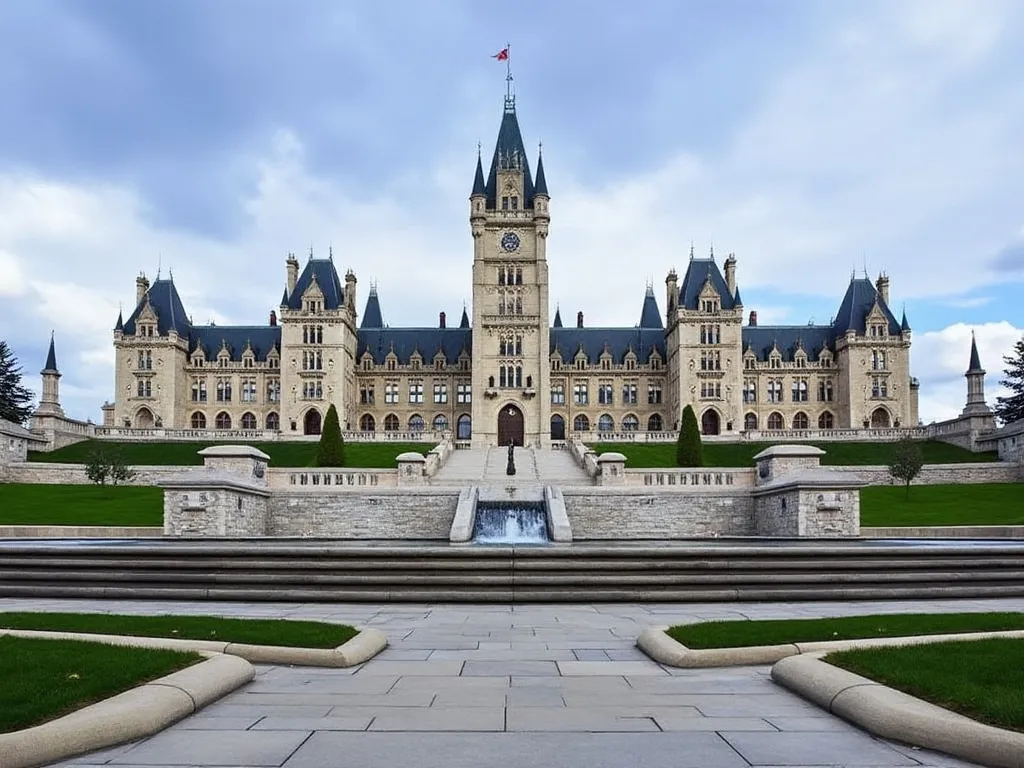 Ottawa
Ottawa
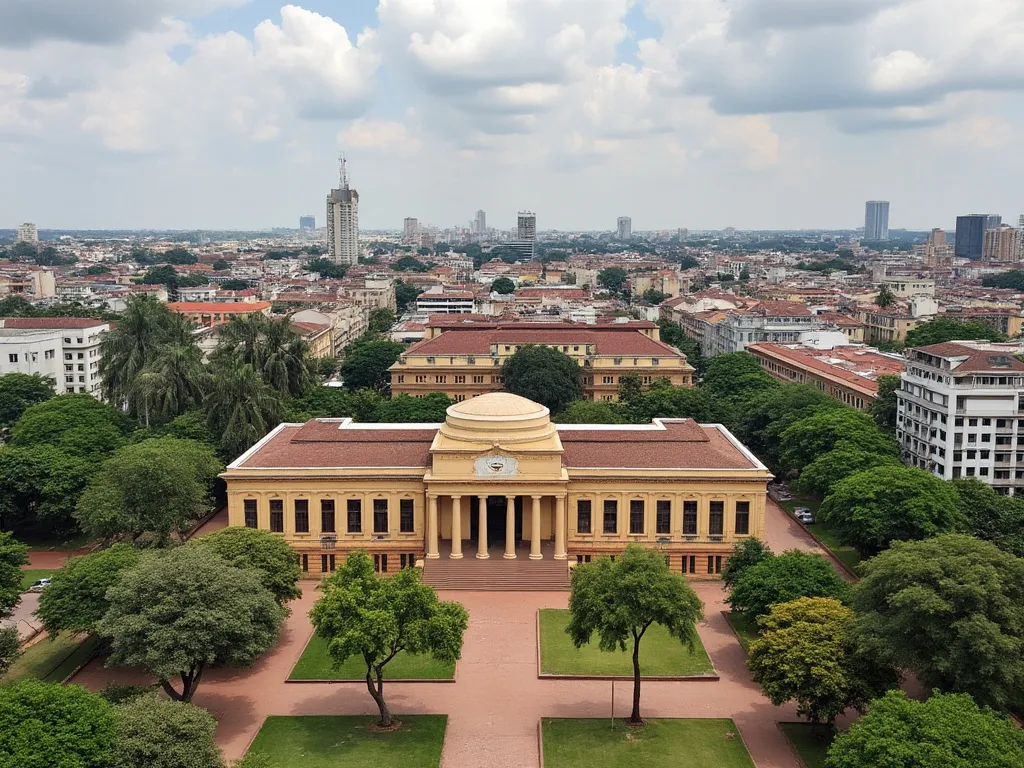 Ouagadougou
Ouagadougou
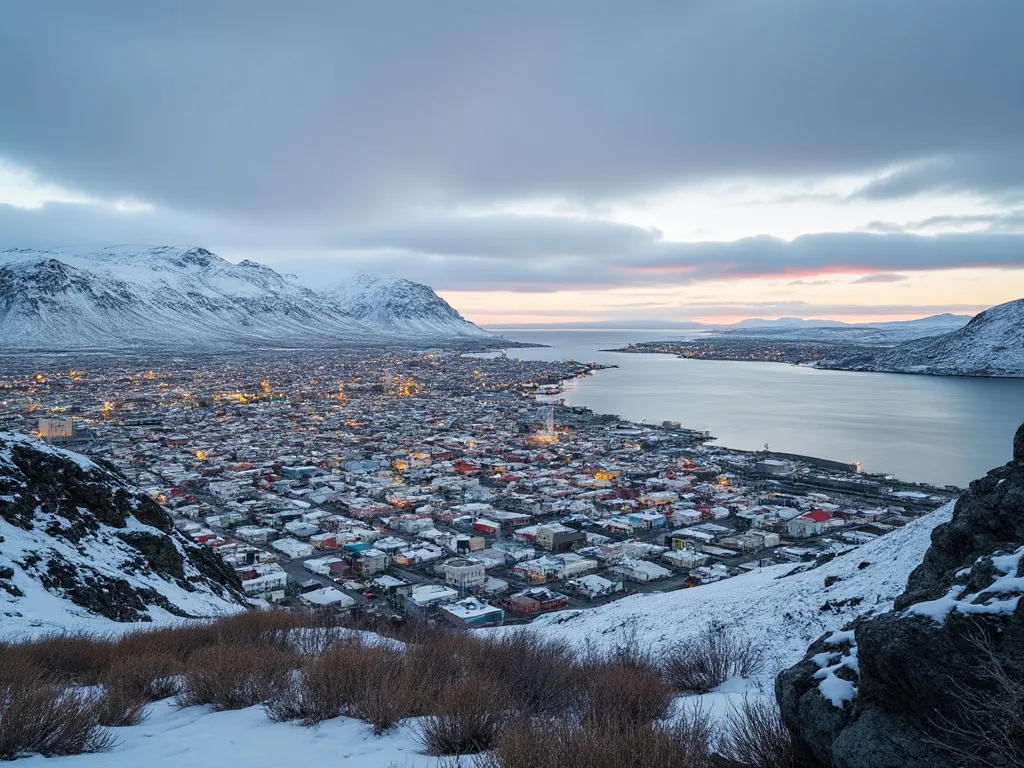 Nuuk
Nuuk
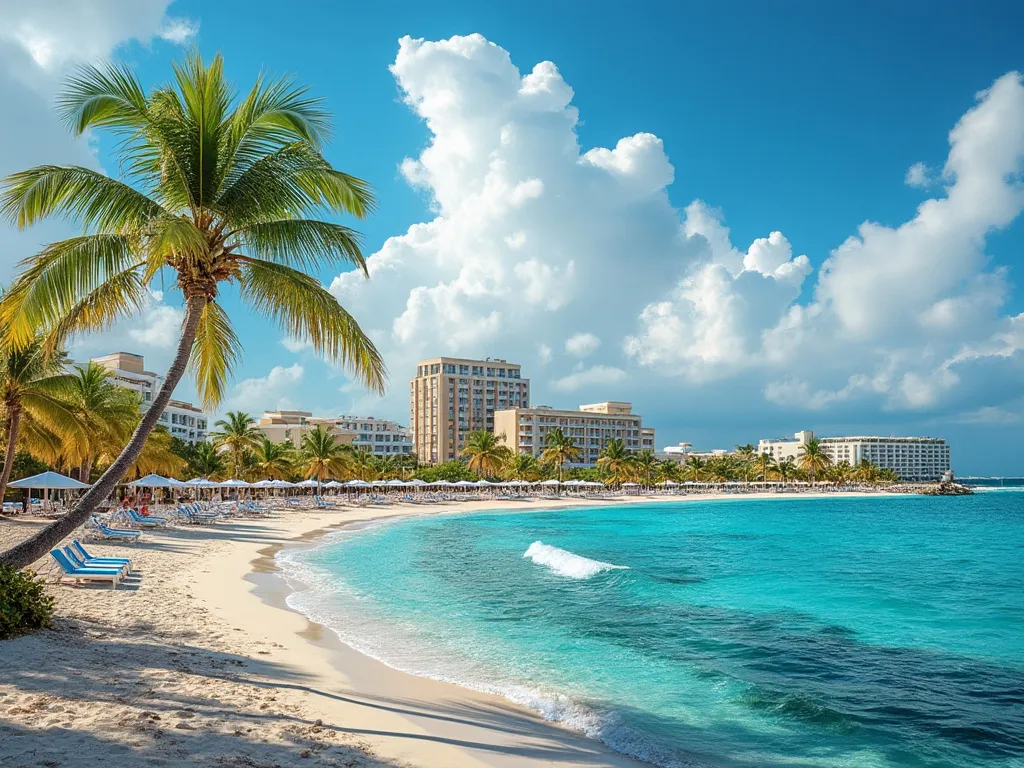 Oranjestad
Oranjestad